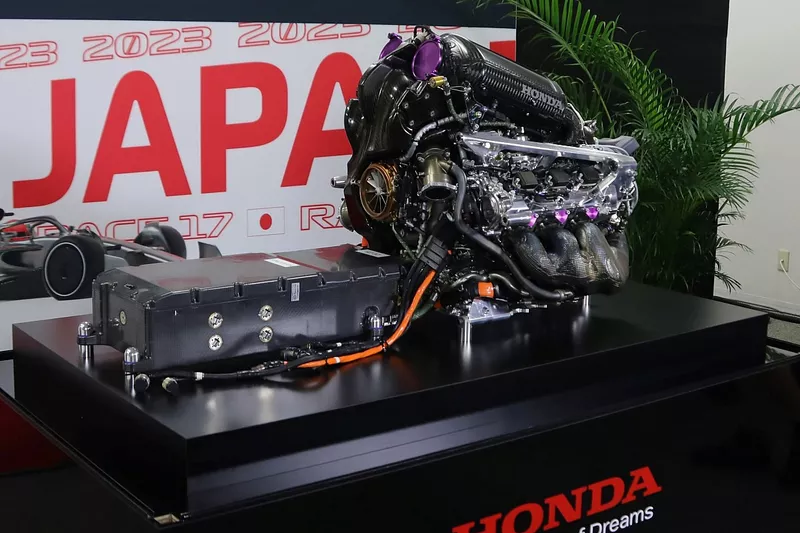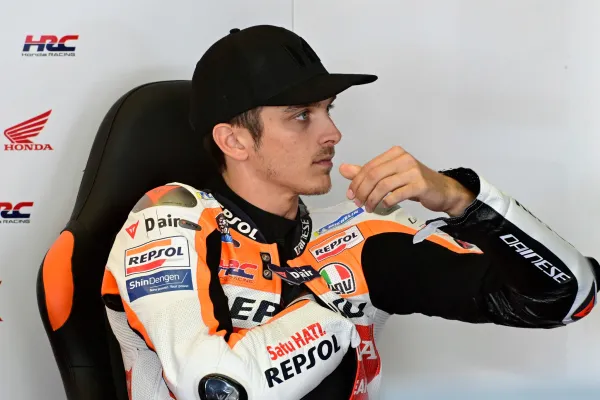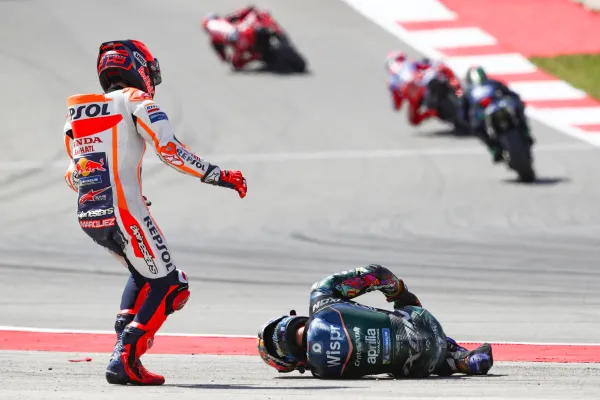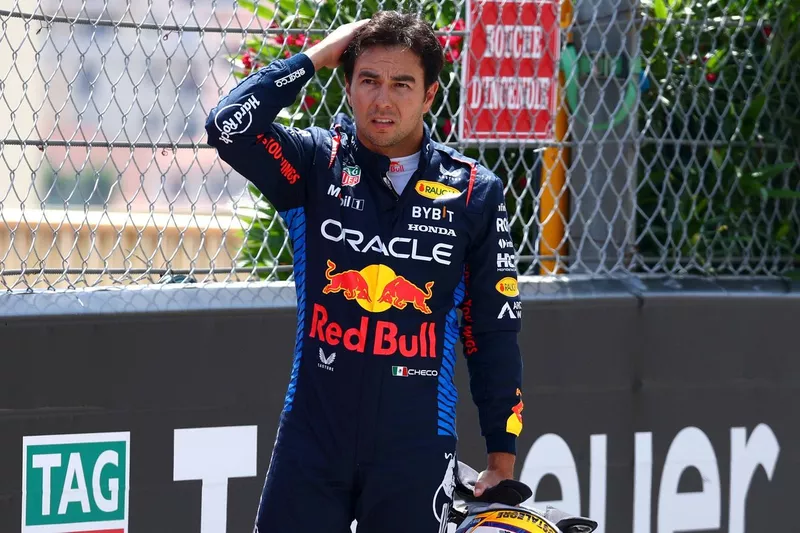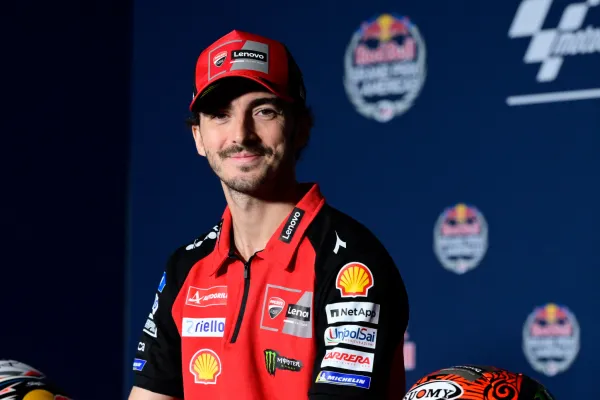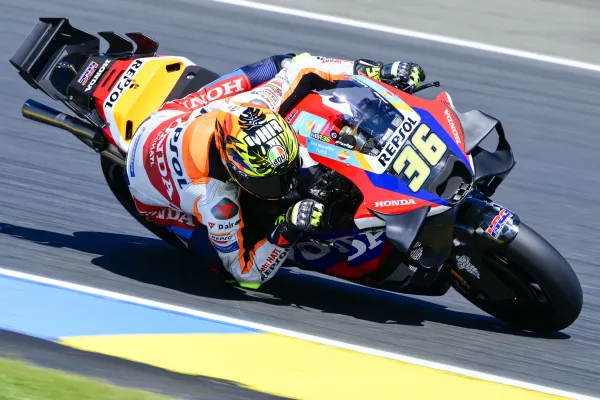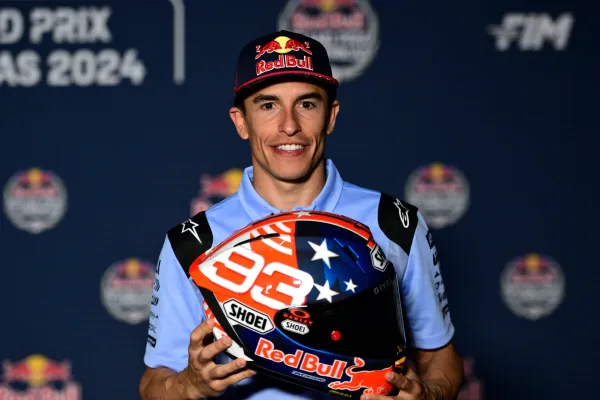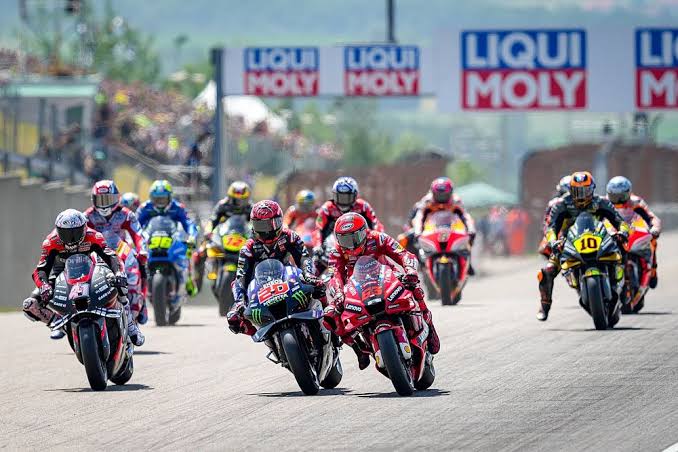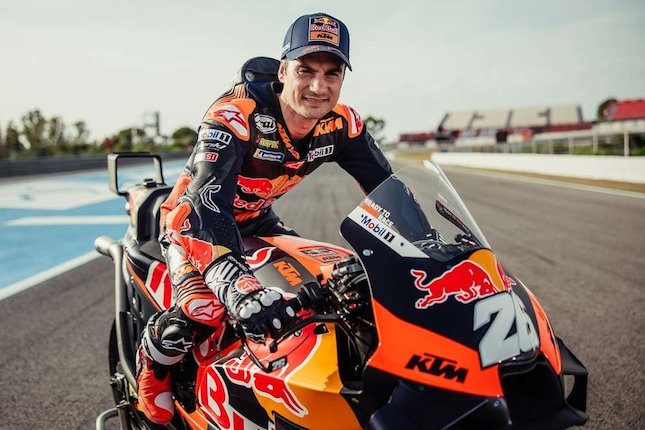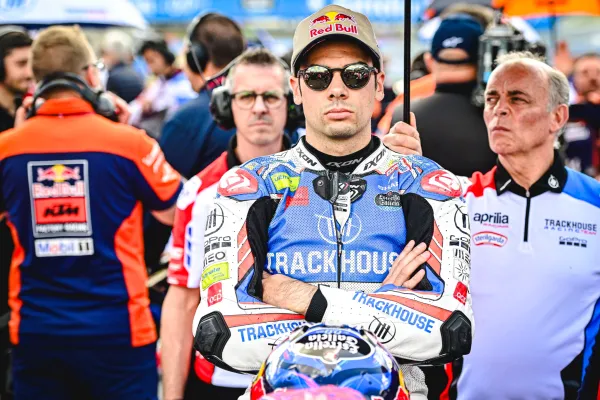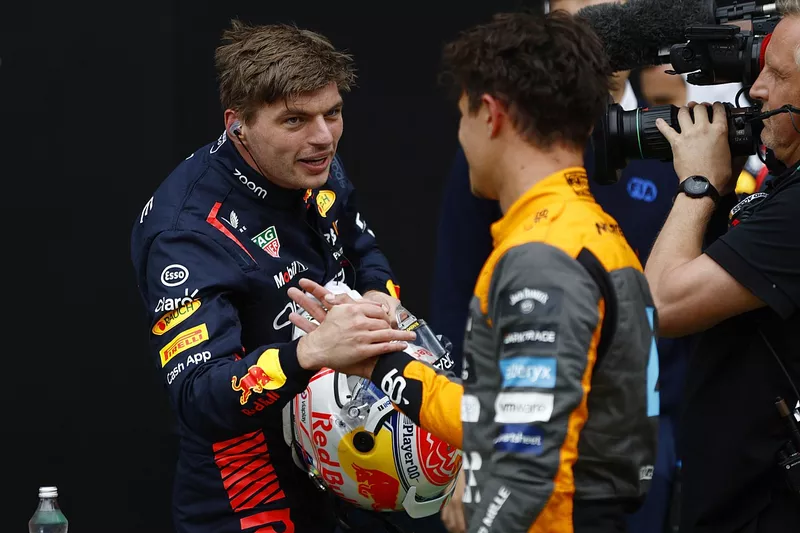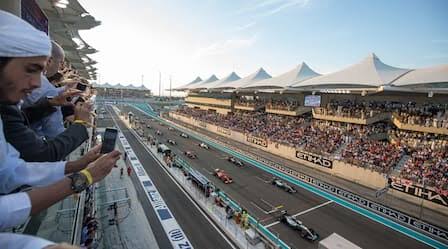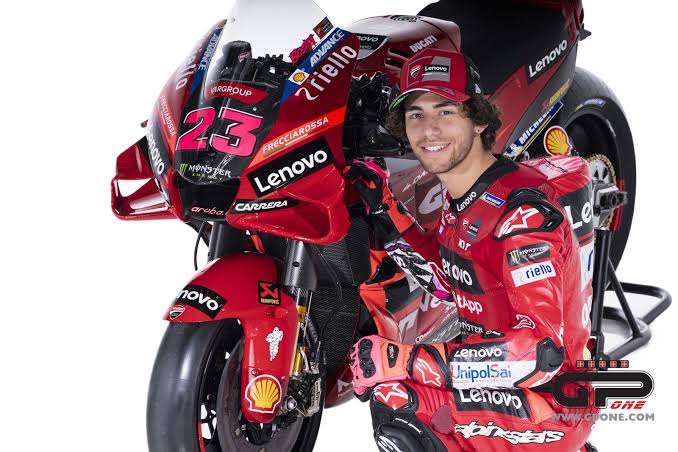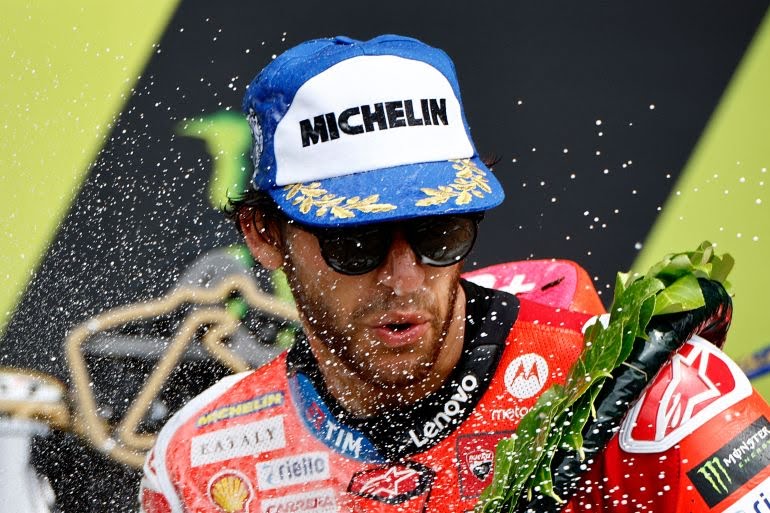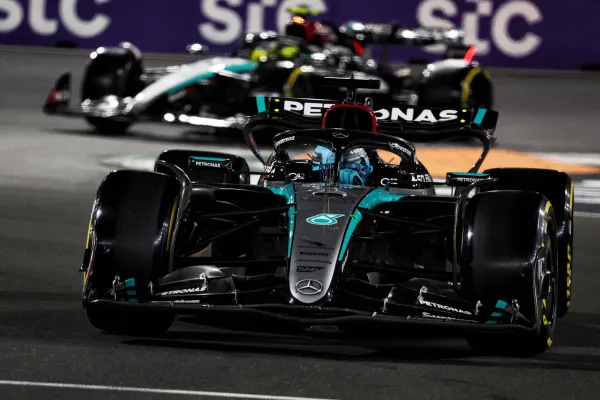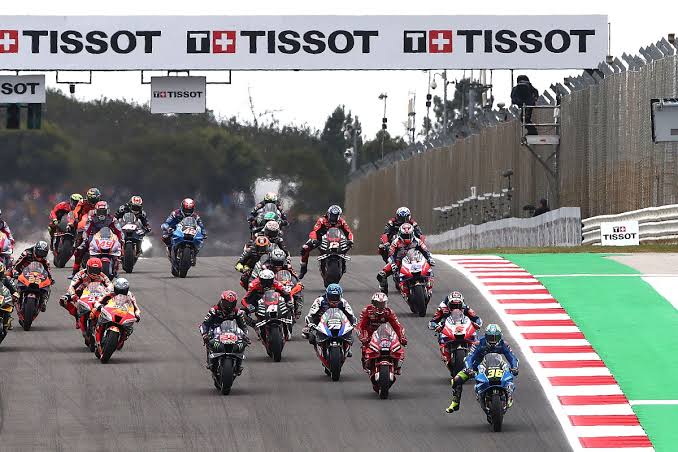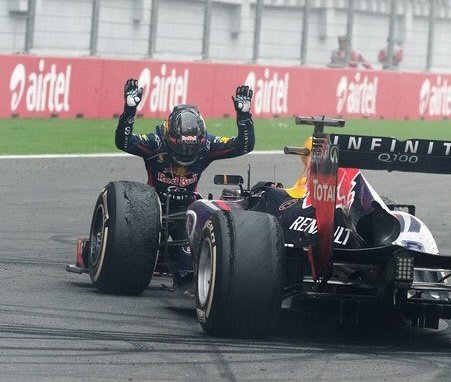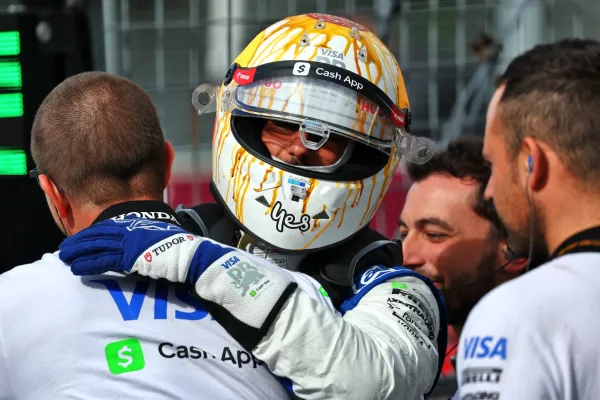Why F1 2026 Engines Are Key For The Driver Market?
Formula 1, the pinnacle of motorsport, is on the brink of a monumental change. The 2026 season promises to usher in a new era, driven by revolutionary power unit regulations.
These changes aren’t just a technical shift; they have profound implications for the driver market, where careers are made and championships are won.
Here’s why F1’s 2026 engines are pivotal for the driver market.
1. A Green Revolution:
The 2026 power units are at the forefront of a green revolution in motorsport. Unlike their predecessors, these units will run on fully sustainable fuels. This means no new fossil carbon will be burned, aligning F1 with global efforts to combat climate change. For drivers, this represents a shift towards more environmentally responsible racing, appealing to fans and sponsors alike.
2. The Electrical Leap:
The heart of an F1 car, its power unit, is set for a major overhaul. The MGU-K (Kinetic Motor Generator Unit) will almost triple its electrical power output. This will fundamentally change the dynamics of racing, with significantly more electrical energy available for deployment. Drivers will need to adapt to harness this newfound power effectively, and teams will look for drivers who can optimize this resource.
3. Standardized Components:
The move towards standardized components in power units will level the playing field. While this may seem counterintuitive to innovation, it opens up a unique challenge for drivers. They’ll need to find an edge within a more uniform technical framework. A driver who can extract the maximum from standardized components will be highly sought after.
4. Resource Constraints:
The 2026 regulations limit dyno (engine dynamometer) testing hours. This restriction will encourage efficient use of resources, but it also means that teams will rely more on their drivers’ feedback during race weekends. Drivers who can provide precise and valuable feedback will be invaluable assets to their teams.
5. Reliability Matters
With the restriction of three power units per car per season, reliability becomes paramount. Drivers who can push their power units to the limit without causing premature failures will be in high demand. A perfect balance between speed and preserving the power unit will be crucial.
6. Turbulent Transition:
The removal of certain complexities, like the MGU-H, may reintroduce challenges like turbo lag. Drivers will need to master these nuances. Those who can handle the car’s characteristics in the transition period will excel, and teams will look for drivers with adaptability.
7. Uncertainty breeds opportunity:
Perhaps the most intriguing aspect is the uncertainty. No one knows how the six power unit manufacturers will stack up in 2026. It’s a blank canvas. Drivers and their managers are left second-guessing how their current teams are likely to perform and how rivals will fare. This uncertainty breeds opportunity. A well-timed move to a team with a competitive power unit could catapult a driver to the pinnacle of the sport.
8. The Verstappen Precedent: Max Verstappen’s commitment to Red Bull, even when their engine project was in its infancy, highlights the importance of power units in driver decisions. His gamble paid off, but other drivers must weigh their options carefully. Verstappen’s decision to stick with Red Bull during their engine development phase shows the potential rewards of foresight.
9. Teams Face Dilemmas:
Team principals are also in a dilemma. The 2026 regulations bring a host of unknowns. New chassis rules and a different power unit formula mean that constructors must make choices that could shape their success for years to come. The right driver can be the difference-maker, and teams are likely to evaluate their line-ups meticulously.
10. A Sustainable Future:
Formula 1’s commitment to sustainability and environmental responsibility is not only about the cars on the track but also the broader image of the sport. Drivers who align with these values may find themselves in demand from teams looking to embrace a more eco-friendly image. In conclusion, the 2026 power unit regulations mark a pivotal moment in Formula 1’s history.
They are not just about technical innovation; they are about the future of the sport. For drivers, this represents an opportunity to showcase their adaptability, feedback skills, and ability to harness new technology. It’s a moment where foresight can pay dividends and where the right choice could lead to championship glory. The 2026 engines are not just the heart of the cars; they are the pulse of the driver market.
